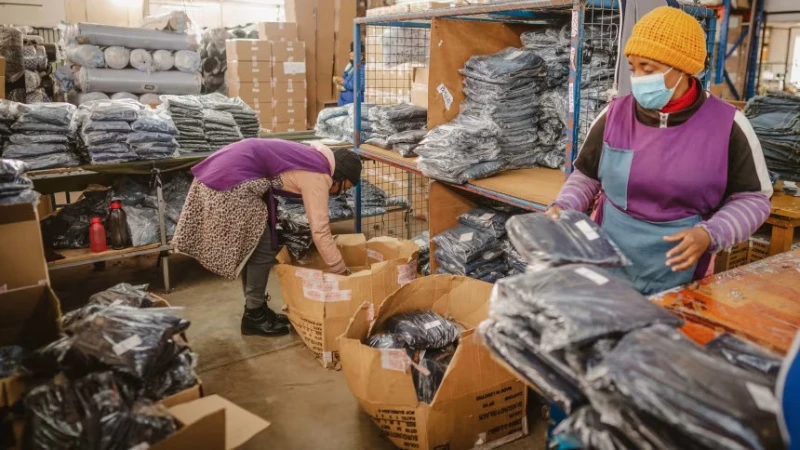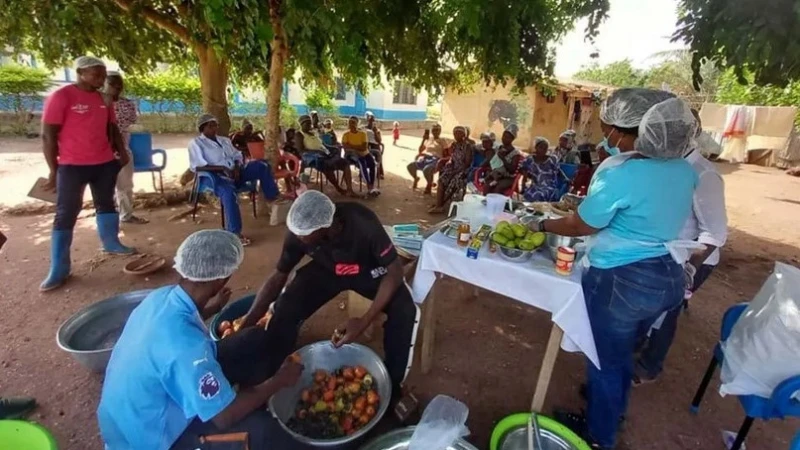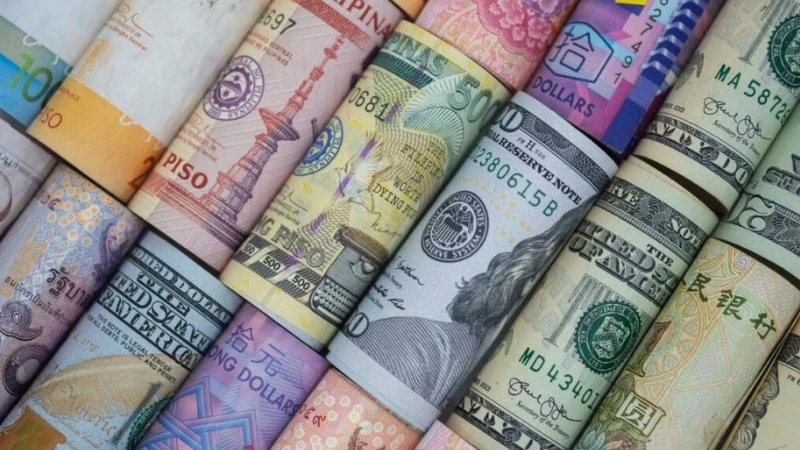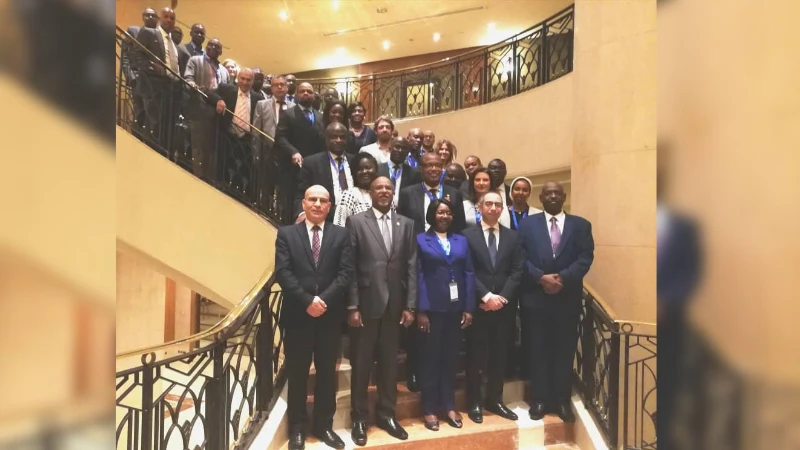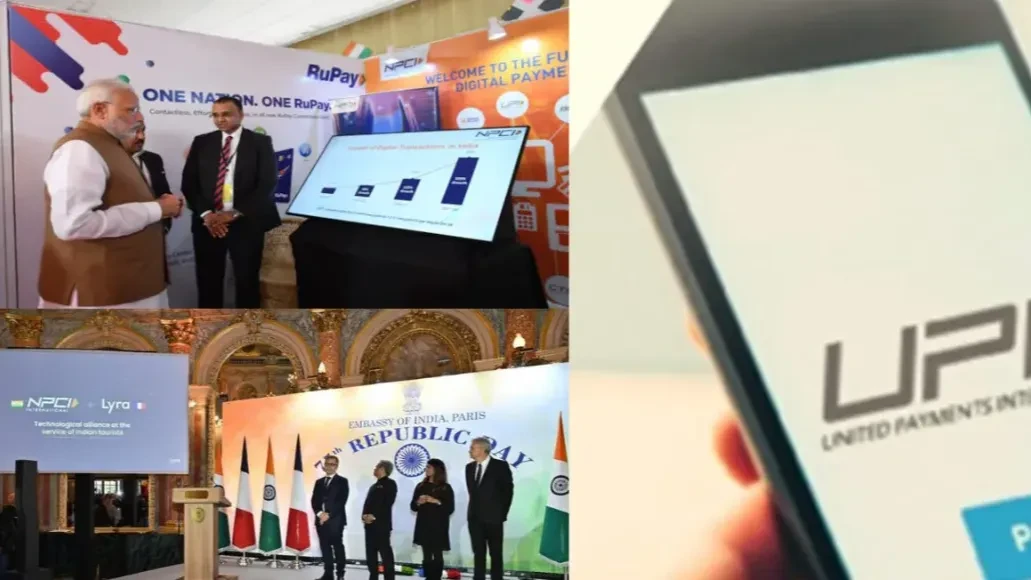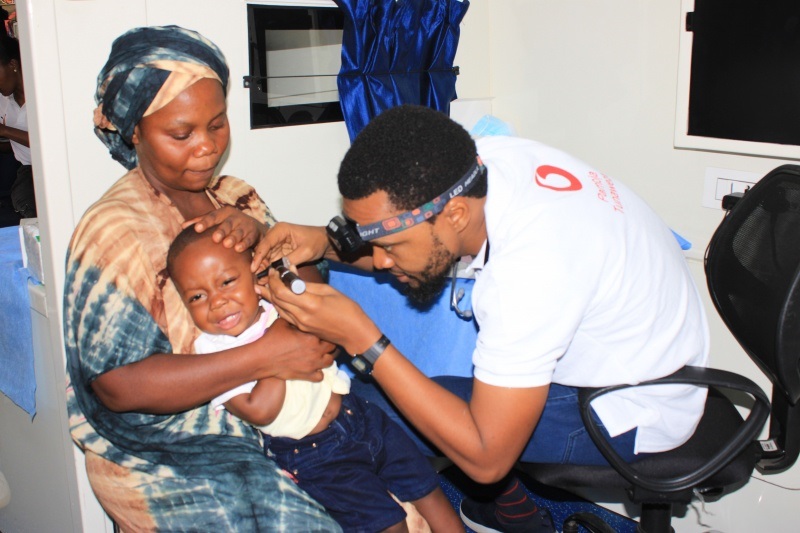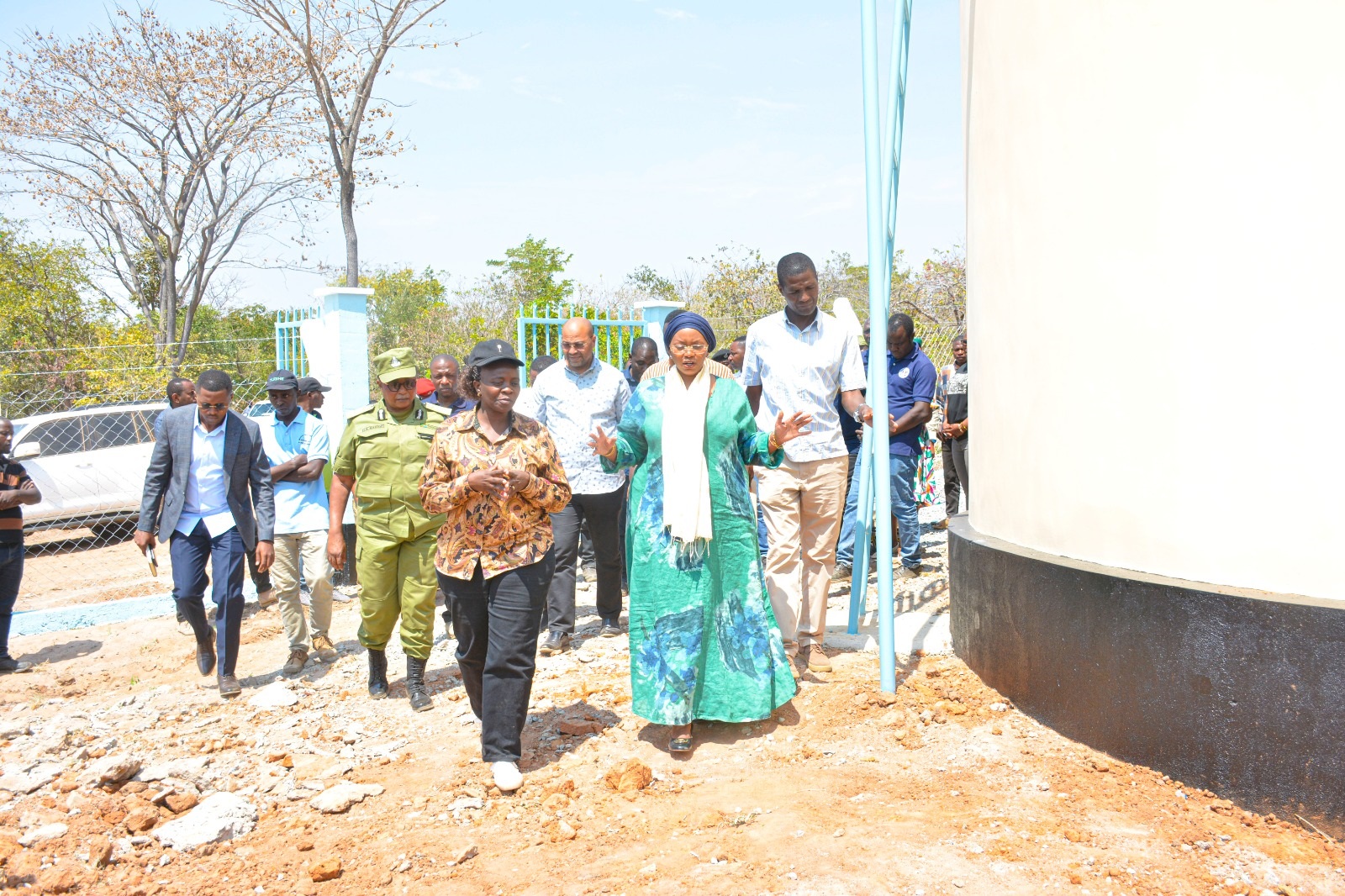Hidden costs: How counterfeit, illicit alcohol threatens lives, national revenue

ILLICIT alcohol accounts for a staggering 55 percent of alcohol produced, distributed, and consumed in Tanzania, according to Sufian Hussein, Chairman of the Confederation of Tanzania Industries (CTI), during a high-level roundtable meeting in Dar es Salaam to tackle the growing problem of unregulated alcohol.
“Illicit alcohol remains a pressing issue, posing serious risks to public health due to its unregulated production, lack of quality control and often hazardous composition,” said the CTI Chairman.
The meeting, attended by alcohol manufacturers, government officials, and regional leaders, marked the official launch of a national study to assess the true size and drivers of Tanzania’s illicit alcohol trade—an underground market that not only endangers public safety but also severely undermines the formal economy and tax system.
A silent public health crisis
Illicit alcohol consumption presents serious health risks, especially when methanol or other industrial chemicals are involved. Produced without proper sanitation or oversight, these beverages are linked to severe outcomes such as methanol poisoning, blindness, kidney failure, and death.
Across the African continent, numerous cases have emerged involving unregulated homebrews and counterfeit spirits lacking any form of quality control.
Cases of alcohol poisoning have occasionally surfaced in different parts of the country, particularly in low-income areas where access to regulated products is limited. In such settings, the unpredictable and often toxic composition of unregulated brews raises serious public health concerns, especially given the lack of formal quality control and clear ingredient disclosure.
The wider illicit alcohol trade not only poses public health risks but is also seen as a threat to legitimate businesses, depriving the government of critical tax revenues and reinforcing a cycle of informal economic activity that is difficult to track and regulate.
Illicit alcohol takes many forms—ranging from counterfeit labels and artisanal homebrews to smuggled spirits and untaxed local concoctions. What these products share is their circulation outside regulatory oversight, making them both a public health concern and an economic challenge.
To address this growing issue, a national study has been initiated to build an evidence base that will inform future policy responses, enhance enforcement mechanisms, and strengthen consumer protection efforts.
The hidden drain on government revenue
The financial cost of illicit alcohol trade is alarming. The widespread circulation of unregulated alcoholic beverages threatens both the viability of legitimate industry players and the government’s capacity to collect consistent tax revenue.
Every year, billions of shillings are lost through evaded excise duties, value-added tax (VAT), and corporate income taxes.
Industry leaders—including Obinna Anyalebechi, Managing Director of Serengeti Breweries Ltd (SBL)—are calling for decisive action. They urge authorities to utilize insights from an upcoming national study to inform policy and drive innovation.
“The industry is eager to use insights from this research to develop niche products that can shift consumers away from the illicit spirits category,” Anyalebechi noted during a recent stakeholder forum.
Illicit alcohol trade disrupts the entire value chain—from grain suppliers and transporters to formal distributors and tax authorities. Legal manufacturers face unfair competition from unlicensed producers who undercut prices by avoiding regulatory obligations.
Moreover, the prevalence of illicit alcohol undermines investor confidence, discourages small and medium-sized enterprises from scaling, and ultimately leads to fewer jobs, stagnant industrial growth, and declining public funds for vital services like healthcare and education.
A data-driven path to reform: Launching the national study
A new national study—backed by both government and private sector partners—is being launched to provide a reliable evidence base for designing effective alcohol policies, legislation, and enforcement strategies.
Stakeholders emphasized the need for a more comprehensive understanding of the illicit alcohol landscape. While anecdotal evidence exists, there is growing consensus that robust, detailed data—covering distribution volumes, regional consumption patterns, and demographic drivers—is essential to guiding effective, equitable interventions.
“This meeting is a critical step in coordinating efforts to combat the illicit alcohol trade—a problem that endangers public health, undermines formal businesses, and weakens government revenue,” said Dar es Salaam Regional Commissioner, Albert Chalamila.
The study will explore the entire value chain of unregulated alcohol: distribution networks, pricing dynamics, packaging trends, and consumer behaviours. It will also assess underlying economic factors such as poverty, informal employment, and weak enforcement that enable the illegal trade to flourish.
The expansion of illicit alcohol is driven by a mix of economic, cultural, and regulatory factors that reinforce the informal market and steadily erode the formal industry.
One of the key drivers is affordability. Unregulated alcohol is significantly cheaper due to complete avoidance of excise and tax obligations, making it more accessible—especially in underserved and low-income communities where safer alternatives are limited or too costly.
Weak enforcement is another persistent challenge. In many regions, limited inspection capacity and resource constraints make it difficult to monitor production and distribution effectively, allowing illegal operations to persist with little deterrence.
Cultural familiarity also contributes. Traditional brews are deeply embedded in local customs and are often consumed without scrutiny, despite potential health risks associated with unregulated preparation.
Additionally, there is a general lack of awareness. Many consumers are unaware of the toxic risks posed by illicit alcohol or of the broader economic and social consequences of supporting an unregulated market.
The upcoming national study is expected to provide region-specific insights into these drivers, allowing for targeted public education and enforcement strategies.
Innovation, partnership, and policy support
Private sector representatives at the forum expressed strong commitment to a multi-pronged approach—expanding product options, improving affordability, and educating consumers on the dangers of illicit spirits.
Legitimate producers are ready to introduce affordable, safe alternatives tailored to the needs of informal market consumers. These products will meet quality standards while remaining competitively priced.
Government officials, in turn, pledged support for regulatory reforms that enhance enforcement and promote a level playing field for compliant producers. Stakeholders agreed that future alcohol policies must be evidence-based, tackle root causes, and promote sustainable public health and economic outcomes.
The public–private partnership model is seen as essential for ensuring interventions are not only well-conceived but also effectively implemented at both national and local levels.
Beyond the bottle: pouring truth into policy
Momentum is building. With the national study underway, stakeholders are increasingly aligned on the need for practical, data-driven reforms to curb illicit alcohol and restore confidence in formal markets.
Among the proposals discussed included to adjusting excise tax structures to narrow the price gap between legal and illegal products, strengthening inspection and licensing for retail outlets, especially in underserved areas, nationwide awareness campaigns to educate the public about the dangers of illicit alcohol and the benefits of regulated options, improving local enforcement capacity by increasing resources for regional authorities and packaging innovations, such as secure labelling and traceability tools, to help consumers identify genuine products.
There was strong consensus that lasting success will depend on close collaboration between regulators, industry players, civil society, and law enforcement. This united approach is key to dismantling the systems that sustain illegal alcohol and rebuilding public trust in the formal sector.
Reclaiming the market, saving lives
Illicit alcohol is not just a threat to public health—it is a multifaceted problem that drains national revenue, undermines lawful enterprises, and entrenches economic informality.
With an estimated 55% market share controlled by unregulated products, the challenge is urgent. Each bottle of illicit alcohol represents lost revenue, diminished productivity—and in many cases, lost lives.
Yet, the path forward is clearer than ever. Through coordinated action, credible data, and sustained public–private cooperation, Tanzania can reclaim its alcohol market—ensuring that every drink served supports not just personal enjoyment, but national well-being.
The author can be reached at judithjamestz@gmail.com
Top Headlines
© 2025 IPPMEDIA.COM. ALL RIGHTS RESERVED











